Watch
Events
Articles
Market
More
I previously posted a lengthy quote on the main board, but here is something for you men to mull.... are you more concerned with ruffling feathers or being a truth-teller?
#standboldly
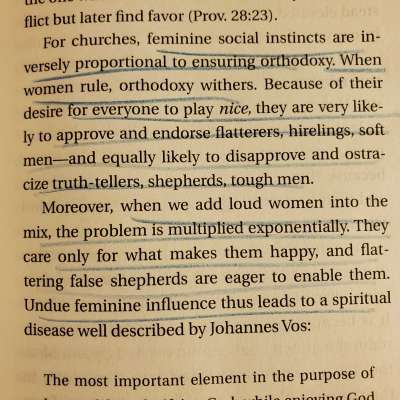
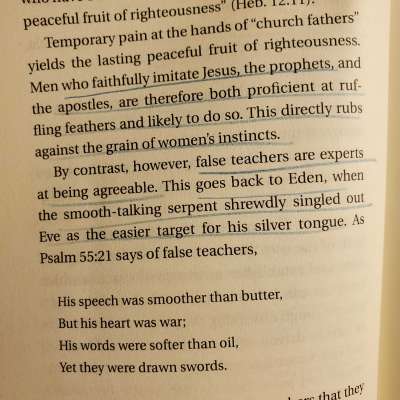



Why have men left the church in droves? Why does the MGTOW movement gain more male converts than the Messianic? Why do men rally to the bold men who plant a standard and lead from the front?
In his chapter titled 'The Church Effeminate', Micheal Foster explains.. here's an excerpt.
Men? Women? Are you paying attention?
If kol Israel is to be restored, the men must step up and lead. Period.

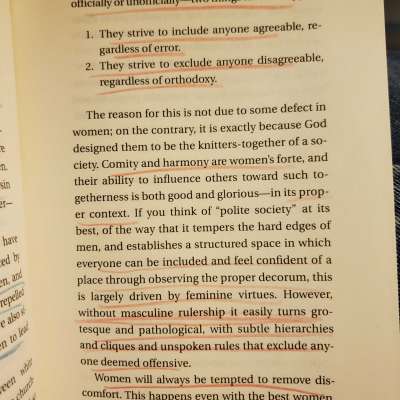
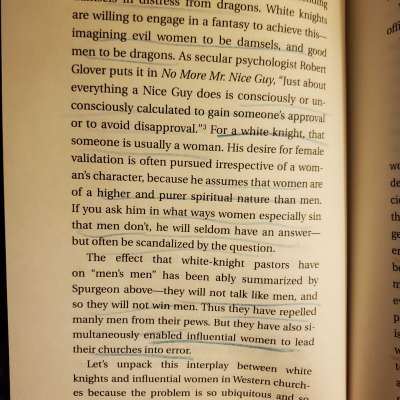
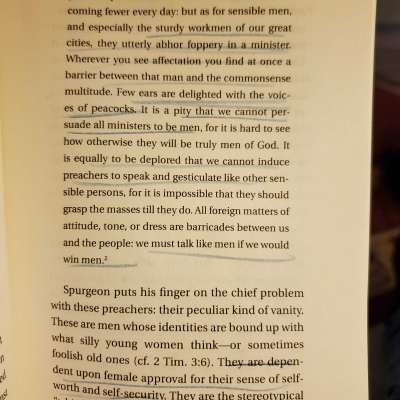



Shalom, we are going live on zoom at 6 pm California time. for those that have the link already. Everyone is welcome to join here is the link for those that don't have yet. This is going to be just an open forum setting. Everyone can participate and also talk about any topic.
https://us02web.zoom.us/j/8492....7407165?pwd=VVhZbGhi



Get these postcards to send to friends & family as Passover/Feast greetings! You can cancel your subscription ANY time you want. I mailed these out to the current subscribers this morning! https://torah-sisters.myshopif....y.com/products/postc




Get these postcards to send to friends & family as Passover/Feast greetings! You can cancel your subscription ANY time you want. I mailed these out to the current subscribers this morning! get them at https://torah-sisters.myshopif....y.com/products/postc




I had an idea yesterday that I want to 'bounce' off of this group...
We have lots of fences and I dropped echinacea seed all along the outside of the fence on one side because it is a) pretty (purple cone flowers) and b) useful. But, as I was doing it, it occurred to me that I can plant climbing beans (probably black) all along my many fence rows and just let them grow until harvest time. Guessing the cows will generally leave them alone in most places, particularly if the beans simply outpace them in growth. And, multiple fences have no ruminants next to them...
Thoughts?
I'm just pondering how to plant a large bean crop without using up massive garden space. As a climber. once the beans are up a foot or two, weeds/grass along bottom won't matter.


